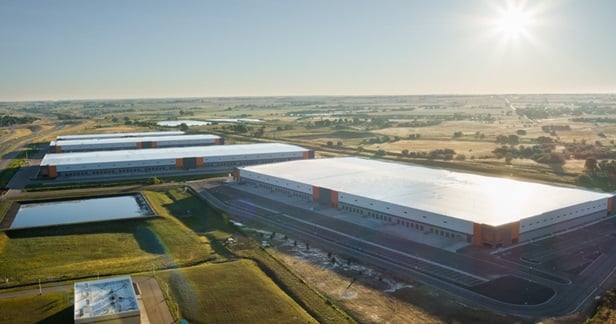"History tells us that this is the stage in the real estate cycle where recovery starts with job growth and six- to nine months later, the office market begins to show signs of improvement," reports G&E Research Director Patricia Raicht. What history doesn't tell us, however, is how to account for all the conflicting variables now in the mix such as the slowdown in the technology sector, low interest rates, war, increased capital flowing to real estate and the aftermath of recent corporate scandals.
All this points to a slow, relatively jobless recovery, which means any rebound in the office market will lag behind further than normal, causing Raicht to predict that "it may be at least three years before the Portland office market sees vacancy rates back below 10%."
Building 0wners having finally resigned themselves to this fact, the average full-service class A asking rate continued to fall through the first quarter, hitting $22.77 per sf per year at the end of March compared to $24.05 in the second quarter of 2001. "(Owners) would rather have a tenant in their space paying a discounted rent than no tenant at all …," says Raicht, "…even if it means renewing leases for several years at significantly lower rates than they were paying."
Things are holding up a little better in the CBD, which saw class A vacancy shrink a little, from 14.5% to 14.1% during the first quarter as the average full-service class A asking rate fell from $23.68 per sf per year to $23.45. Overall vacancy in the 16.7-million-sf CBD stands at 13.1%, and the average weighted full-service asking rental rate stands at $21.16 per sf per year, according to the report.
"The CBD will have to work through 650,000 sf of sublease space and the lease up of the Brewery Blocks before the pressure is off," says Raicht, "(but) with no new speculative construction expected to start anytime soon and a minimum 24 months before it could be delivered, the CBD is poised to see the quickest turnaround."
At the other end of the spectrum, the tech-heavy Sunset Corridor continued to feel the brunt of the regions troubles. Overall office vacancy in the 3.7-million-sf market rose 2.4 percentage points in the first quarter to 31.7%, on 84,000 sf of negative net absorption. Asking rental rates have fallen to $20.62 per sf. The good news is that the high vacancy and the low rates have combined to boost leasing activity in recent weeks. "Although the deals are small, they are significant in that they are the result of organic growth from existing businesses and businesses expanding into the area," says Raicht.
Aside from the CBD, Portland's largest office submarket is Washington Square-Kruse Way, which sports 5.4 million sf and has weathered the economic slowdown relatively well. Overall vacancy is currently 13.4% and the average asking rental rate is $21.75 per sf per year. Equity Office Properties will deliver in the third quarter a 184,000-sf speculative building that is just 7% pre-leased, however, and it remains to be seen if EOP can find the necessary tenants without taking them out of its other buildings in the area, especially with a full-service asking rate that is $29.50 per sf per year or $7.75-per-sf higher than the submarket's average.
Continue Reading for Free
Register and gain access to:
- Breaking commercial real estate news and analysis, on-site and via our newsletters and custom alerts
- Educational webcasts, white papers, and ebooks from industry thought leaders
- Critical coverage of the property casualty insurance and financial advisory markets on our other ALM sites, PropertyCasualty360 and ThinkAdvisor
Already have an account? Sign In Now
© 2024 ALM Global, LLC, All Rights Reserved. Request academic re-use from www.copyright.com. All other uses, submit a request to [email protected]. For more information visit Asset & Logo Licensing.








